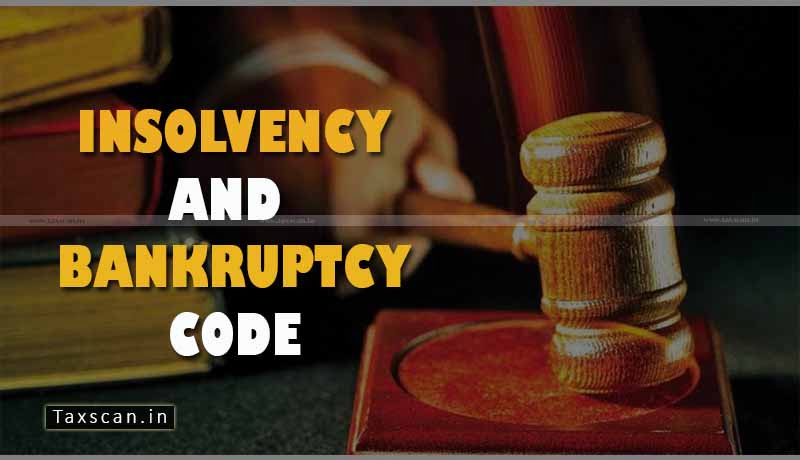Begin typing your search above and press return to search.
Lok Sabha passes The Insolvency and Bankruptcy Code (Second Amendment) Bill, 2019

The Lower House of Parliament, Lok Sabha has passed the Insolvency and Bankruptcy Code (Second Amendment) Bill, 2019.
Highlights of the Ordinance
- The Code allows creditors to initiate an insolvency resolution process if a company defaults on its payments. The Ordinance introduces an additional threshold for certain classes of financial creditors, including allottees of real estate projects, for initiating the resolution process. At least 10% of them or 100 such persons have to jointly initiate the process.
- The Ordinance empowers the resolution professional to require suppliers to continue providing goods and services. This provision will not apply if the debtor has unpaid dues arising from such supplies during the moratorium period.
- The Ordinance provides that the company will not be liable for any offense committed prior to the insolvency resolution process if there is a change in the management or control of the company.
- Under the Code, the insolvency resolution process commences when the Insolvency Resolution Professional (IRP) is appointed. The Ordinance states that the IRP must be appointed on the date of admission of the application by NCLT, which will be considered as the insolvency commencement date.
Key Issues and Analysis
- In the case of defaults by real estate developers, the insolvency resolution application should be filed jointly by at least 100 homebuyers or 10% of their total number. The rationale for adding such a threshold only for certain creditors is unclear. Further, a homebuyer wishing to initiate the process may not have details of other allottees.
- The Ordinance empowers the resolution professional to require suppliers to continue providing goods and services during the moratorium period. This provision overrides the agency of suppliers to negotiate and decide whether to continue a contractual arrangement. It may also force the supply of goods and services even if the supplier finds it risky or unviable.
- In order to balance the rights of the suppliers, the Ordinance provides that suppliers have to continue supplying only if their current dues are paid. In other countries, additional safeguards are available. These include the right to seek a payment guarantee, and court-granted permission to terminate the contract in cases where the supplier demonstrates that continuation will cause hardship.
Next Story


